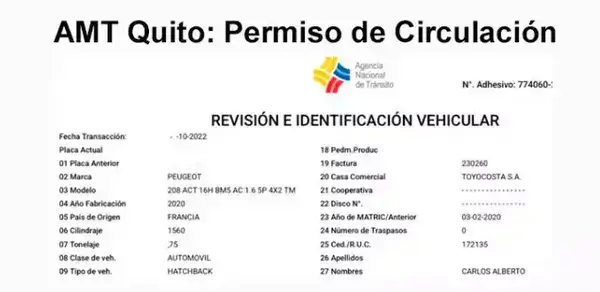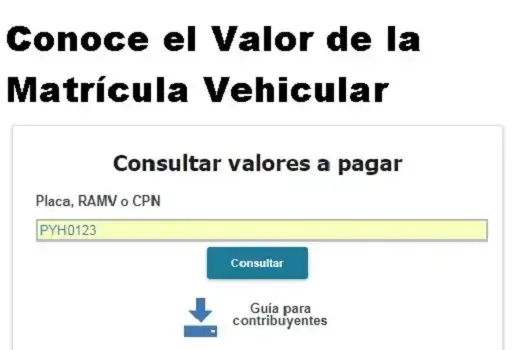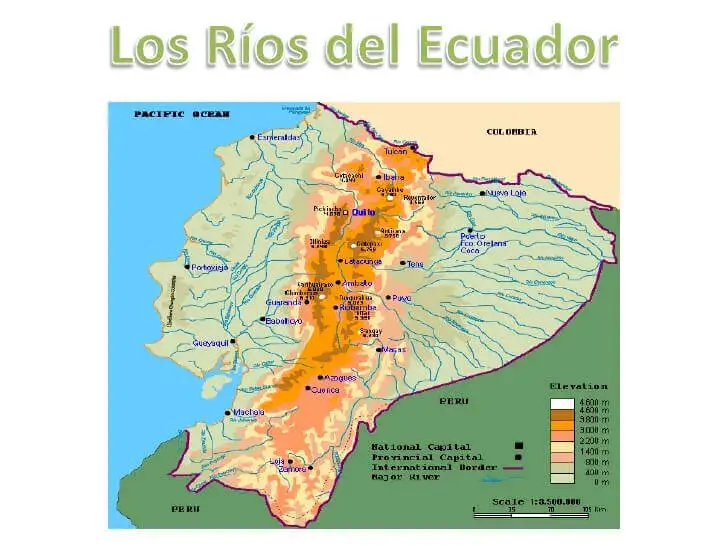Whale dies with 100 kg ball of plastic trash in its stomach
A sperm whale that stranded and then died on a beach in Scotland had a ball of trash in its stomach heavier than most human beings.
The nets, bundles of rope, plastic cups, bags, gloves, packing straps and tubing totalled about 100 kilograms, the Scottish Marine Animal Strandings Scheme reported on its Facebook page Sunday. That’s quite a bit more than the average human mass of 62 kilograms.
«All this material was in a huge ball in the stomach, and some of it looked like it had been there for some time,» said the group, funded by the Scottish and U.K. governments to track marine animal strandings on Scottish coastlines.

However, it noted that the animal didn’t appear to be in bad shape.
«Whilst it is certainly plausible that this amount of debris was a factor in its live stranding, we actually couldn’t find evidence that this had impacted or obstructed the intestines,» the group wrote. «This amount of plastic in the stomach is nonetheless horrific, must have compromised digestion, and serves to demonstrate, yet again, the hazards that marine litter and lost or discarded fishing gear can cause to marine life.»
The whale was male and not quite fully grown. It was still alive when it stranded on the sandbanks of Luskentyre Beach on the Isle of Harris in northern Scotland Thursday.
However, it had been dead for more than two days by the time a team from the group arrived to do a necropsy.
The group posted a dramatic video of intestines exploding from the animal’s abdomen after a knife was inserted, due to a buildup of gases in the abdomen during decomposition. The well-insulated carcass stays warm for a long time and decomposes very quickly, the group explained.

The animal was too big to be moved, so it was buried on-site.
This is just the latest of several recent reports of whales being found with huge amounts of plastic waste in their stomachs.
Earlier this year, a Cuvier’s beaked whale was found in the Philippines with 40 kilograms of «hard, calcified plastic garbage» in its stomach.
A sperm whale found in Indonesia last year had 115 plastic cups, four plastic bottles, 25 plastic bags, 2 flip-flops, a nylon sack and more than 1,000 other assorted pieces of plastic in its stomach — totalling six kilograms.
And earlier in 2018, a pilot whale that died in Thailand was found to have swallowed 80 plastic bags and other plastic items, in all weighing eight kilograms.
The world’s oceans now contain an estimated 100 million tonnes of plastic, about 80 to 90 per cent of it from land-based sources, reports the United Nations Environment Programme. In May, 180 countries around the world reached a deal that aims to sharply reduce the amount of plastic that gets washed into the world’s oceans.






